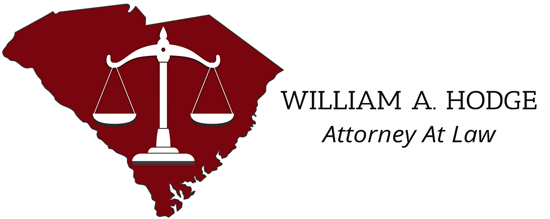HOW A COLLEGE CRIME CAN AFFECT YOUR PROFESSIONAL FUTURE
How a College Crime Can Affect Your Professional Future
The term “youthful indiscretion” no longer seems to serve as an explanation as well as it used to. These days, crimes committed during your college years, even minor ones, can have long-term consequences. Those “youthful indiscretions” could prevent you from even finishing your undergraduate degree. Longer-term impacts could affect your ability to get into graduate school, obtaining a professional degree or simply finding employment after graduation from undergraduate school.
Some Crimes Can Result in Losing Financial Aid
Drug crimes are among the fairly common transgressions committed by college students – using, possessing, and even selling illegal drugs. Conviction on drug charges could cost you your federal student aid, including loans, scholarships, grants or participation in federally sponsored work-study programs. If you are convicted of drug charges, it is possible to regain eligibility for federal student aid. This might involve a waiting period or successful completion of a drug rehabilitation program.
Private organizations that fund scholarships, as well as colleges and universities, most of which offer scholarships, grants and other forms of financial aid, have differing requirements for students to maintain their eligibility for financial aid. It differs from school to school and organization to organization, but most aid programs have rules governing eligibility. Many of those are fairly rigid about criminal convictions ending aid eligibility. You might want to check the rules regarding aid at the college you plan to attend.
Consequences of College Crime Extend Beyond the College Years
Losing your financial aid and being unable to complete your degree – or being suspended or expelled because of a criminal conviction in college – can have obvious impacts on your life beyond college. Even if you are able to complete your degree, the consequences of a college crime can last long after you toss your graduation cap in the air.
Upon leaving campus for the last time, you might find employers more reluctant to hire a recent graduate with a criminal record. Pre-hiring employment checks are fairly routine in the workplace now. You might not miss out on a job directly because of a criminal conviction, but employers might simply consider equally well-qualified applicants from the ample pool of graduates without a criminal record.
A criminal record can affect your ability to get into graduate school – and, once again, impact your ability to obtain financial aid to pay for it. If you pursue a professional degree, such as in medicine or law, a criminal past can have an impact on your ability both to get into law or medical school, but also on your ability to get licensed by the appropriate governing body.
If You Have Been Charged With a Crime While in College in the Columbia Area, You Should Contact Criminal Defense Attorney William A. Hodge, Attorney at Law
If you are a college student charged with a crime in the Columbia area, you should seek legal advice. Because of the serious consequences that can accompany a criminal conviction in college, you need a competent attorney to guide you through the legal process. William A. Hodge, Attorney at Law, can assist you with such charges and help you to reduce or even eliminate consequences for an arrest. You can call me at (803) 457-2216 or use my online contact form.
